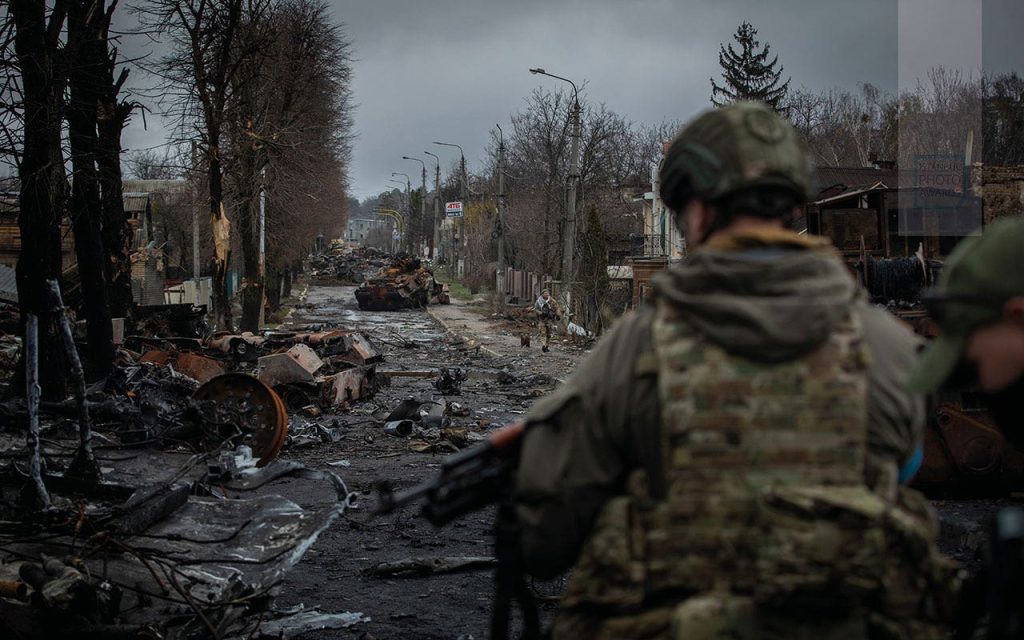Sergei Mingazov, a journalist for the Russian edition of Forbes magazine, has been detained in Khabarovsk on charges of spreading false information about the Russian military. His social media posts about the Ukrainian city of Bucha led to his detention, where more than 400 bodies of civilians were found, many bearing signs of torture, after Russian forces pulled out in April 2022. If convicted of spreading false information, Mingazov faces up to 10 years in prison. He will appear in court on Saturday to face these charges, which come as part of a crackdown on criticism of the war in Ukraine that began with Russia’s full-scale invasion in February 2022.
Mingazov’s lawyer, Konstantin Bubon, confirmed his detention and the charges against him. The journalist is accused of spreading false information in his social media posts related to the situation in Bucha, where Russian forces were implicated in heinous acts against civilians. This incident is just one example of the severe crackdown on dissent and free speech that has taken place in Russia since the onset of the war in Ukraine. Laws have been passed criminalizing allegedly false information about the military or statements that are perceived as discrediting the military, leading to the imprisonment of journalists, opposition figures, and regular citizens.
The detention of Sergei Mingazov is yet another case in a string of arrests and imprisonments of individuals who have spoken out against or criticized the Russian military’s actions in Ukraine. The crackdown on dissent has been widespread and severe, with some receiving lengthy prison sentences, such as prominent activist Vladimir Kara-Murza, who was sentenced to 25 years. Mingazov’s case highlights the dangers faced by journalists and others who express opposing views in Russia, where freedom of speech is increasingly under threat.
The situation in Russia, with journalists and others being targeted for their views or reporting on the war in Ukraine, has drawn condemnation from human rights organizations and governments around the world. The international community has expressed concern about the erosion of free speech and press freedom in Russia, as well as the violation of human rights and the rule of law. The crackdown on dissent is seen as an attempt to silence any criticism of the Russian government’s actions in Ukraine and to suppress information that could be damaging to its image.
As Sergei Mingazov prepares to face his day in court, the outcome of his case will be closely watched by those concerned about press freedom and human rights in Russia. His detention and the charges against him are a stark reminder of the risks faced by journalists and others who speak out against the government’s actions, particularly in the context of the war in Ukraine. The fate of Mingazov and others like him will have implications for the future of journalism and free speech in Russia, as well as for the broader struggle for democracy and human rights in the country and beyond.
In the face of growing repression and censorship, the need to defend journalists like Sergei Mingazov and others who are targeted for their reporting and expression of dissent becomes more urgent. Calls for the release of political prisoners and an end to the crackdown on free speech in Russia have been made by activists, human rights organizations, and governments around the world. The case of Mingazov serves as a reminder of the importance of protecting press freedom, human rights, and democracy, and of holding governments accountable for their actions in restricting these fundamental rights and freedoms.


